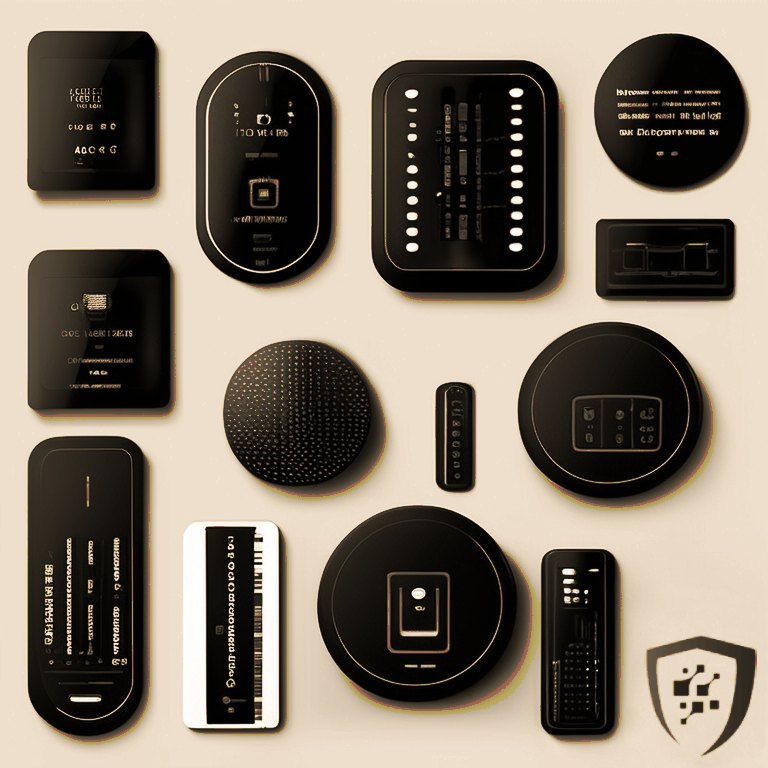The initiative applies to wireless IoT products like smart home appliances, baby monitors, fitness trackers, and home security cameras. It does not cover medical devices, personal computers, smartphones, or routers, though NIST is currently working on defining cybersecurity requirements for consumer-grade routers. Manufacturers can submit their devices for compliance testing by accredited labs, and products meeting the cybersecurity criteria will earn the Cyber Trust Mark logo. This logo, paired with a QR code, will provide detailed information about the product’s security features, such as whether it supports automatic software updates, how long it will receive security patches, and steps for configuring the device securely.
The FCC has conditionally approved several companies as Cybersecurity Label Administrators, with UL Solutions selected as the Lead Administrator. This organization will collaborate with stakeholders to develop a consumer education campaign and recommend cybersecurity standards, testing procedures, and label design to the FCC. Accredited CyberLABs will handle testing to determine if products meet the program’s requirements.
Starting in 2025, manufacturers will be able to submit their products for evaluation. Retailers like Best Buy and Amazon are expected to highlight Cyber Trust Mark-certified devices, making it easier for consumers to identify secure options. This program reflects a growing focus on improving cybersecurity in consumer technology and providing users with greater confidence in the safety of IoT devices.
Source: Help Net Security
The European Cyber Intelligence Foundation is a nonprofit think tank specializing in intelligence and cybersecurity, offering consultancy services to government entities. To mitigate potential threats, it is important to implement additional cybersecurity measures with the help of a trusted partner like INFRA www.infrascan.net, or you can try yourself using check.website.

